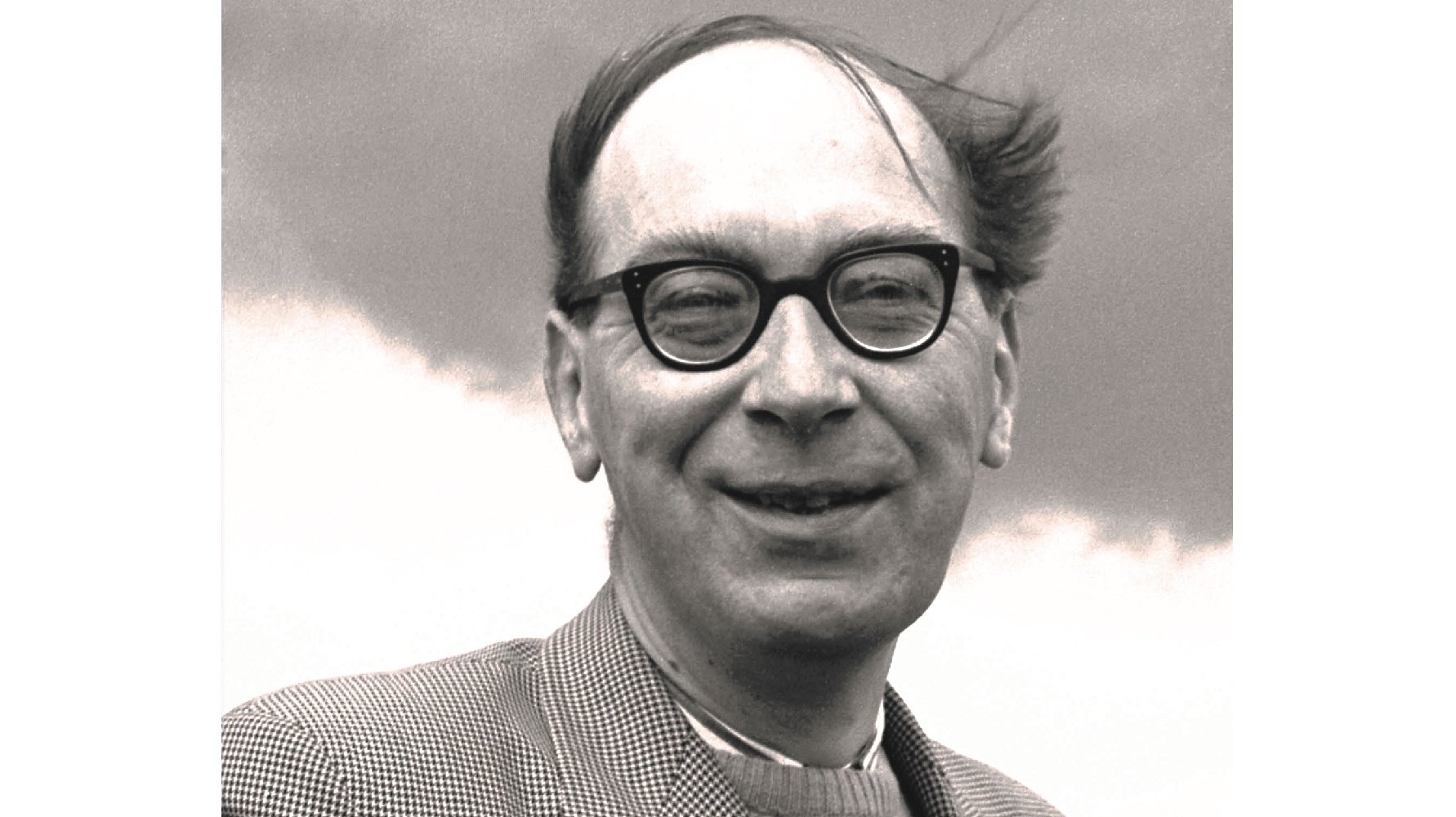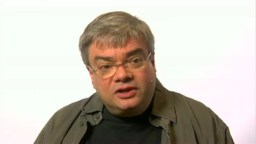How to Impress Terry Teachout

Drama critic Terry Teachout has seen just about every “Hamlet” there is: “Hamlet” with the cast dressed all in black, “Hamlet” set in Nazi Germany, Hamlet with a Jeep driving onto the stage. In his interview with Big Think, Teachout described what he hopes to witness with each new production of Shakespeare: something that may not be conceptually original, but is “just perfect.”
Teachout also explained the writing process behind “Pops,” his new biography of Louis Armstrong, which allowed him access to the tapes Armstrong recorded privately throughout his life—and to a side of the master the public never suspected. (A jazz critic and aficionado, as well as a former musician himself, he went on to describe his favorite moment from Satchmo’s music.) Finally, Teachout offered some sensible advice on how to write a libretto, having just completed his first, for the Santa Fe Opera.





